Search myodfw.com
Showing 321 - 340 of 387 results
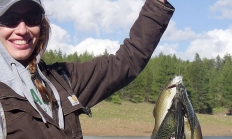

Find maps, boundary descriptions and the percent public land for the Steens Mountain Unit.
Find maps, boundary descriptions and the percent public land for the Silvies Unit.
Find maps, boundary descriptions and the percent public land for the Melrose Unit.
Find maps, boundary descriptions and the percent public land for the Minam Unit.
Find maps, boundary descriptions and the percent public land for the Beulah Unit.
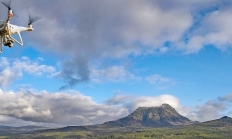

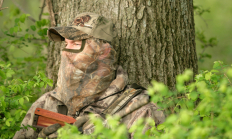

ODFW Director Debbie Colbert (at podium) and Coquille Tribe Chairwoman Brenda Meade (to the right in black jacket) on July 31, 2025 in Bandon, Ore. to announce a major step forward in their combined management effort on salmon recovery in the Coquille River. The first fall Chinook fishery since 2021…
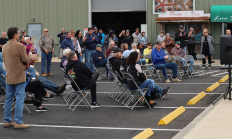
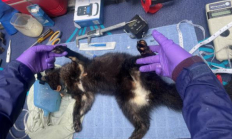
Find maps, boundary descriptions and the percent public land for the Saddle Mountain Unit.
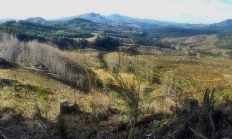
Cole Rivers Hatchery is the largest producer of hatchery fish on the coast of Oregon. Almost all of the fish production at Cole Rivers is done to mitigate for the fish production that was lost when miles of high quality fish habitat was blocked by Applegate Dam (Applegate Reservoir) and William Jess Dam (Lost Creek Reservoir). Visit Cole Rivers Hatchery
CENTRAL BIG GAME HUNTING January 22, 2026 Cougar ( Check current harvest numbers), coyote, 200 series elk. ( Check regulations for specific dates and units) Announcements, resources 2025 Big Game Hunting Forecast Big game harvest statistics - You'll find links to population, harvest and point summary reports that can help you decide what hunts to apply for next season. Please report elk with hoof disease - If you see elk showing signs of elk hoof disease, including lame or limping elk or elk with damaged, injured, missing or deformed hooves, please report it using this online form. Coyote and wolf…
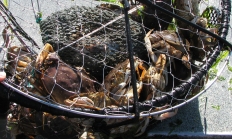
Find maps, boundary descriptions and the percent public land for the Trask Unit.
